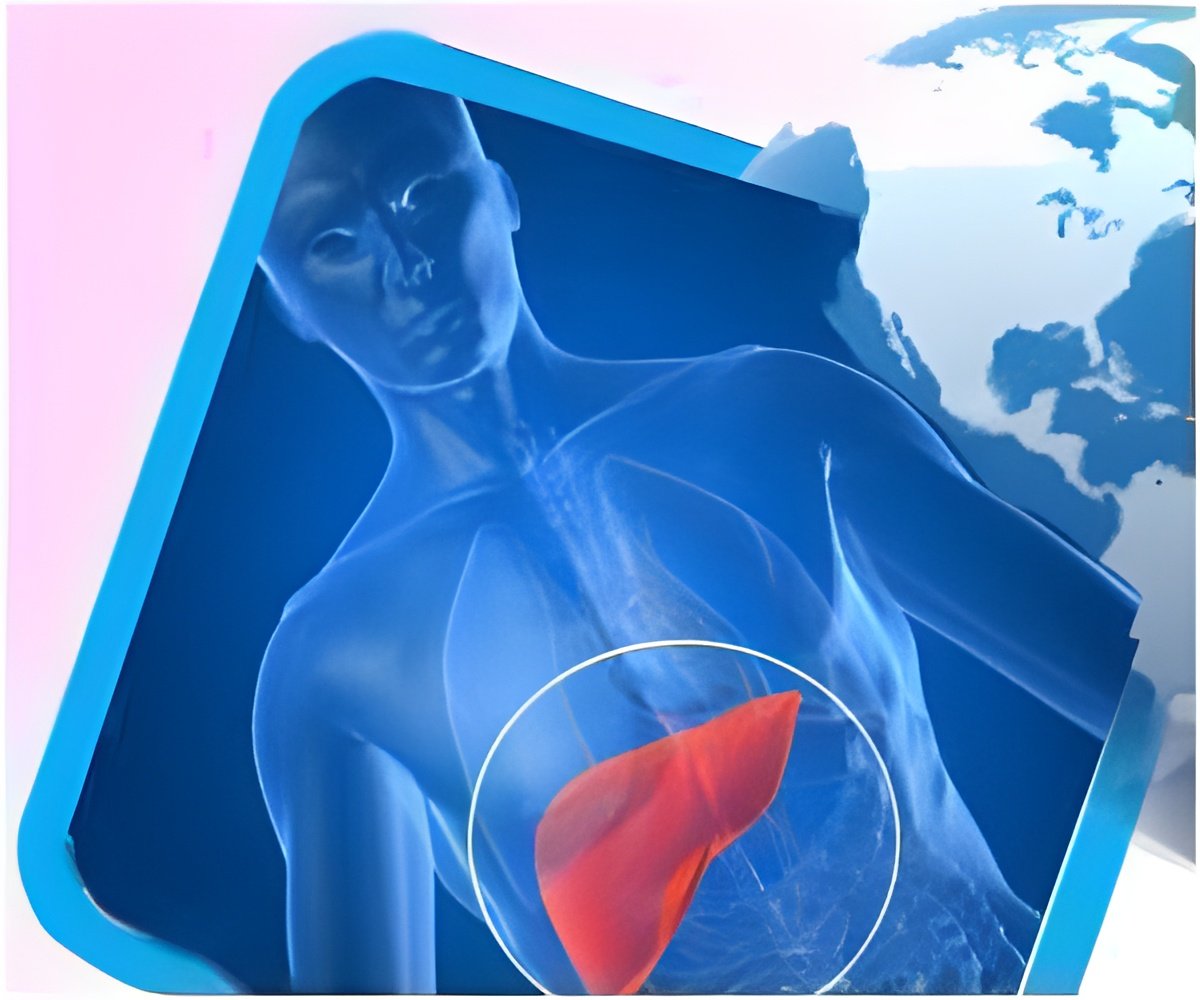A genetic variant associated with the development of liver cancer in chronic hepatitis C virus carriers has been identified in a genome-wide study by researchers

To identify risk factors connecting HVC and HCC, the research group conducted a genome-wide study on a group of 3,312 Japanese individuals carrying the hepatitis C virus. Analyzing a total of 467,538 genetic markers (called single nucleotide polymorphisms or SNPs) in a group of 212 HCV carriers with HCC and 765 HCV carriers without HCC, the group uncovered one SNP associated with HCC risk, located on a gene called DEPDC5. The association was confirmed in an independent replication study on a population of 2335 HVC carriers, 710 with HCC and 1625 without HCC.
Source-Eurekalert















